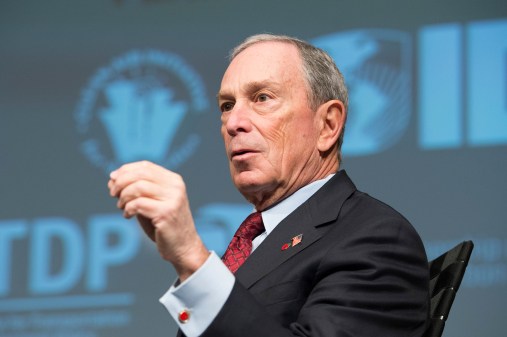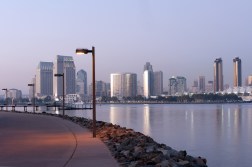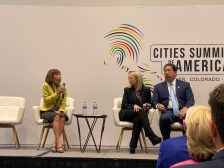Get smart: IEEE preparing cities for population boom

The number of citizens living in cities around the world is expected to nearly double over the next 35 years, putting increased strain on the infrastructure needed to support these rapidly growing urban areas.
The Institute of Electrical and Electronics Engineers, a New York-based non-profit dedicated to advancing technology for humanity, is looking to help cities prepare themselves for the future through its new Smart Cities Initiative.
Between now and May 16, the IEEE is accepting applications from cities around the world to take part in the initiative. Those selected will receive strategic and practical advice from a team of IEEE experts, as well as education and training to help them address the huge demands on land, resources and services associated with expanding urban living environments.
“Designing successful and sustainable smart cities requires careful planning about citizens’ energy, water, transportation, communications and public health and safety,” said Gilles Betis, chair of the IEEE Smart Cities Initiative. “IEEE has cultivated a powerful and talented brain trust that can assist municipalities in addressing all essential services that need to be managed in unison, to support the smooth operation of critical infrastructure while providing a clean, economic and safe environment for inhabitants to live, work and play.”
IEEE officially started the initiative last year with Guadalajara, Mexico as the pilot municipality. Since October of 2013, Guadalajara, which has a population of approximately 1.5 million, has established an organization called the Ciudad Creativa Digital (CCD) to drive the transition to a Smart City, part of larger effort to create a comprehensive strategy for the revival and regeneration of the main city area.
In an interview with StateScoop, Roberto Saracco, a member of the Smart City steering committee, said integrating technology and big data analytics is part of the program, but the focus is not just adding technology for technology’s sake.
“Technology has its positives and negatives. The key is helping cities determine what is the most beneficial to them to help create a sustainable city that can handle the challenges of the future,” Saracco said.
The initiative is targeted primarily at larger cities anywhere in the globe. To take part, city governments need to be willing to put together a concrete plan to become a smart city, agree to work with the IEEE and be willing to share their findings with their fellow urban dwellers across the globe. The initiative also involves the world’s higher education systems.
The effort in each selected municipality will consist of an inaugural workshop, graduate student support (PhD and Masters), funding to develop content for “MOOCs” (Massive Open Online Courses), an international conference on Smart Cities and access to IEEE lecturers.
Focusing on the particular themes issued from their on-going ‘smartification’ process, the selected municipalities will get the opportunity to join the active community of the 10 cities that IEEE aims to engage in developed and developing countries through 2016.
“Life in cities can be very different based on where you are in the world,” said Saracco, “but there are similarities that exist in every urban environment. What we want to do is help find these similarities and see where cities can learn from one another to create a sustainable environment that improves life throughout the world.”
Municipalities interested in formally engaging in the IEEE Smart Cities Initiative can download an application form. The deadline to submit completed applications is Friday May 16, 2014.
Successful applicants who meet the criteria will provide clear, compelling evidence that the municipality is well-positioned to utilize the resources offered through the IEEE Smart Cities Initiative, that its evolution into a smart city has the potential to substantially enhance a city’s capacity to act on key issues and that the city can demonstrate plans to invest human and financial capital into the project.






